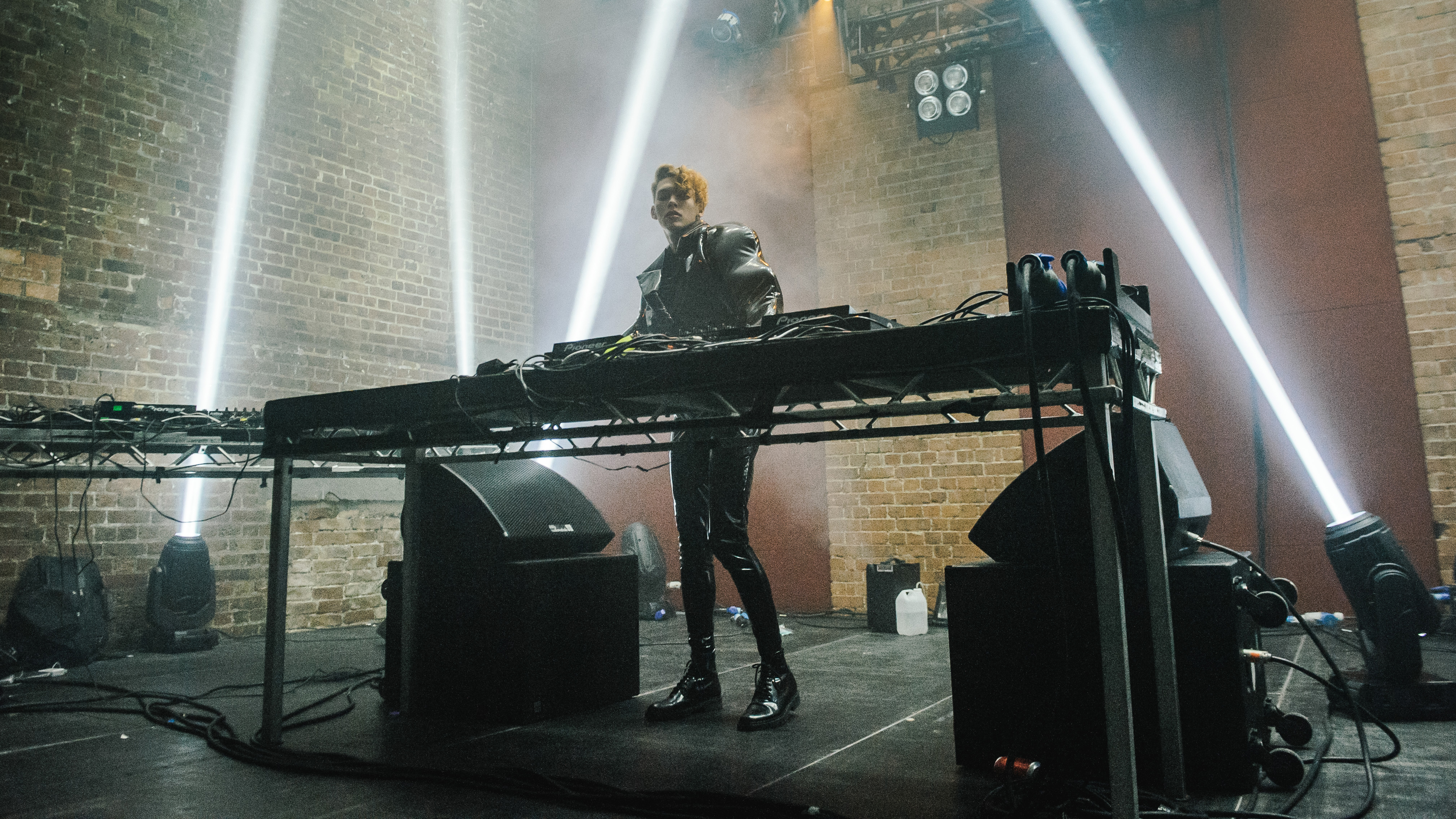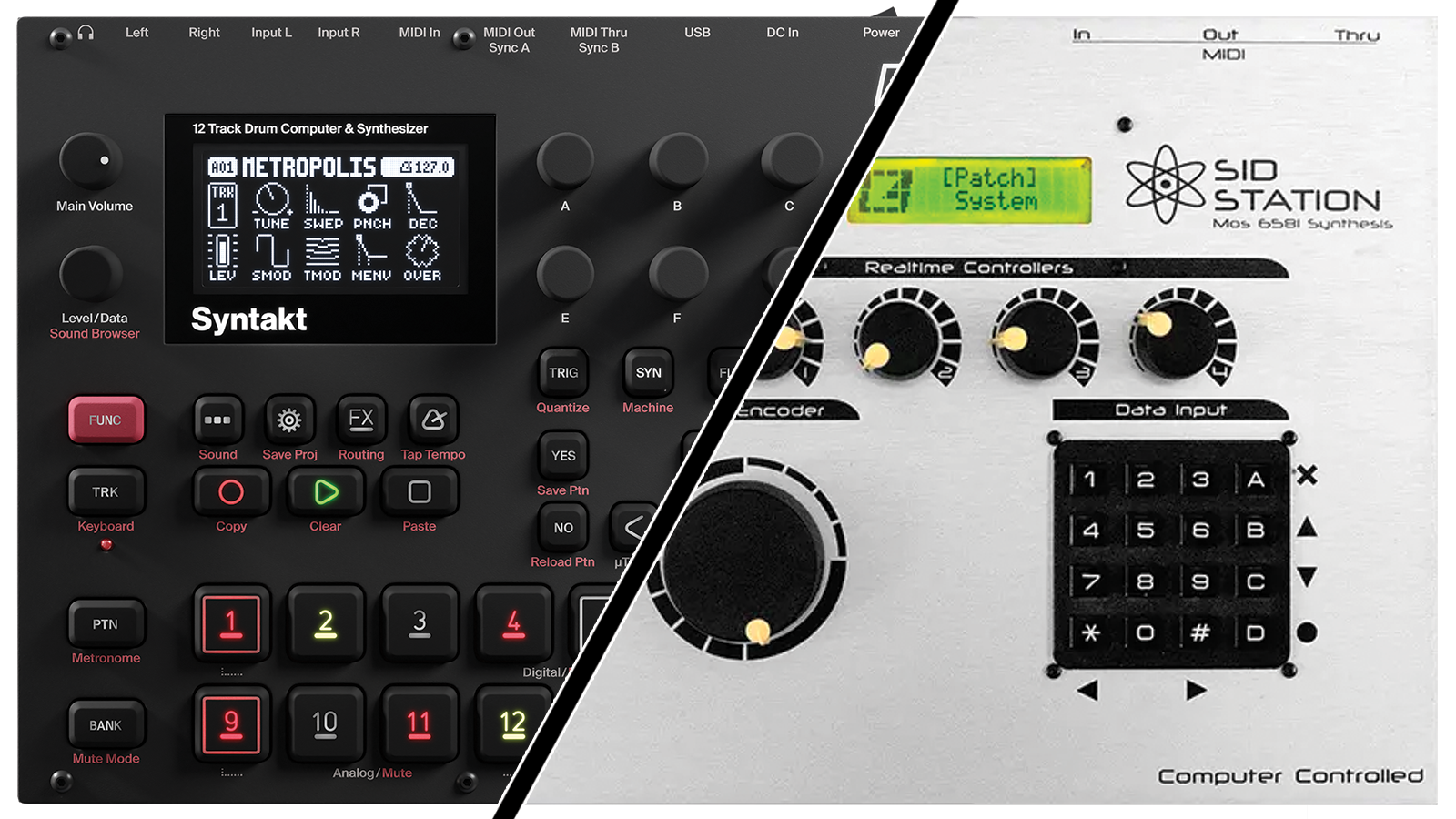
In our Pioneers series, we illuminate the genius of the most influential artists and producers in musical history. Today, we're remembering Sophie Xeon, a visionary talent that irrevocably shaped the sound of contemporary pop and electronica before tragically passing away three years ago this month.
Many of the musicians and producers we feature in this column reached the peak of their influence well before the turn of the millennium; typically it takes a few decades of graft to have the kind of resounding impact that warrants the title of ‘pioneer’.
Sophie Xeon is a rare exception to this rule, a visionary artist that did more to shape the sound of popular music in ten years than many legends do in fifty, before passing away in 2021 at the age of 34.
Born in Glasgow, Sophie was introduced to electronic music by her father, who would take her to raves and supply her with dance mixes on cassette tape. At only ten years old, Sophie was asking her parents to let her quit school and take on electronic music production full-time; they didn’t allow it, but that didn’t stop Sophie from diving headfirst into music-making, spending the majority of the teen years that followed locked away in her bedroom tirelessly learning the craft.
Sophie’s solo debut came in 2013 with Nothing More To Say, an EP that was soon followed by the release of BIPP/ELLE, the single that would capture the attention of the wider music world and mark her out as a singular talent. The release showcased a stunningly original approach to production that fused the vivid synths and vocal hooks of mainstream pop with experimental sound design, a composite that the producer would continue to develop throughout the remainder of her career.

The story of Elektron in 10 synths, samplers and drum machines, from SidStation to Syntakt
BIPP, like many of Sophie’s tracks, was produced primarily using the Elektron Monomachine, a device she used to create radically strange timbres that represent physical materials through sound. “It seems wacky to me that most DAW software is still designed around having drums/bass/keyboard/vocal presets for production”, Sophie said in an interview in 2014.
“That's what I find liberating about the Monomachine. It's just waveforms that can be pushed into shapes and materials and sequenced. Just like a sculpture machine [...] I've synthesized ideas for latex, balloons, bubbles, metal, plastic, elastic all on the Mono.”
It was around this time that Sophie linked up with Danny L Harle and A.G. Cook, the founders of the PC Music collective and record label that she would become closely affiliated with; though she didn’t sign to the label, Sophie frequently collaborated with PC Music artists and contributed significantly to their output.
In 2015, Sophie released her debut album, Product, a collection of previous singles that solidified her divisive avant-pop style, earning legions of new fans and turning heads in the mainstream music world. Sophie was soon producing for some of pop’s biggest artists, working with everyone from Madonna to Rihanna.
For much of her career, Sophie remained anonymous, steering clear of press and social media and even sending a drag performer to pretend to DJ in her place while she stood offstage disguised as security guard in a now-infamous Boiler Room set
For much of her career, Sophie remained anonymous, steering clear of press and social media and even sending a drag performer to pretend to DJ in her place while she stood offstage disguised as security guard in a now-infamous Boiler Room set. This all changed in 2017 with the release of It’s Okay To Cry, a moving ode to self-acceptance accompanied by a music video that revealed Sophie’s image and voice to the world for the first time in a profoundly personal statement that also confirmed her identity as a trans woman.
The song was the first track on Sophie’s second and final album, Oil of Every Pearl’s Un-Insides, which would earn her a Grammy nomination for Best Dance/Electronic Album, making history as one of the first openly transgender artists to receive the Grammy nod. The project found Sophie at the peak of her powers, confident enough to place ‘80s-inspired power ballads and head-spinning future-pop next to abstract sound collage and dizzyingly distorted electronica - and talented enough to bring these worlds together to produce a cohesive whole.

Sophie was an artist for whom the essential idea of transness meant more than breaking down gender binaries; it meant disregarding divisions and boundaries wherever they may arise. This philosophy is audible in her music, which brings together the supposedly lowbrow aesthetics of bubblegum pop with challenging and experimental sounds and ideas; wildly inventive and unforgettably bizarre, it’s also instantly gratifying.
We haven’t heard a better description of Sophie’s music than her own words, given as a response to an interviewer asking what “music should be like right now”. “It should be mind-blowing!” she replied. “Every single thing you hear should feel like you’ve never heard something like that before. Like it makes you feel alive in a new way. Like it makes you feel reborn.”
SOPHIE in four tracks
1. SOPHIE - Bipp (2013)
One of Sophie’s earliest releases, BIPP blew our minds when we first heard it, and it still does today. It’s a dual demonstration of Sophie’s talents as a genius songwriter, capable of crafting unforgettable hooks that stick in your head all day, and a god-tier sound designer with the synth chops to conjure up stadium-sized sounds that truly sound like nothing and nobody else.
2. SOPHIE - Hard (2015)
In an early interview, Sophie declared that “the language of electronic music shouldn't still be referencing obsolete instruments like kick drum or clap”. You can hear this idea at work in Hard, surely one of her most extraordinary creations; where other producers might drag-and-drop the same old drum samples, Sophie synthesizes hundreds of completely unique clangs, squeaks, bangs and squelches, piecing them together to make one of the wildest beats in her discography.
3. Charli XCX - Vroom Vroom (2016)
One of Sophie’s numerous forays into the mainstream pop world, Vroom Vroom is a reminder that despite its progressive spirit, Sophie’s music is - perhaps more than anything else - just a whole lot of fun. Like most Sophie songs, Vroom Vroom flips unapologetically between two contrasting modes, juxtaposing menacing and detuned synths in the verse with twinkling, sugary sonics in the chorus.
4. SOPHIE - Immaterial (2018)
Immaterial is a euphoric vision of the future of pop music. Perhaps Sophie’s most accessible song, it’s catchy enough to play at the wedding disco and weird enough to raise a few eyebrows at the grandparents’ table. Backed by a fist-pumping synth line and a rousing choir of processed voices, its lead vocal captures the essential message at the heart of Sophie’s music: we can be anything we want to be.







